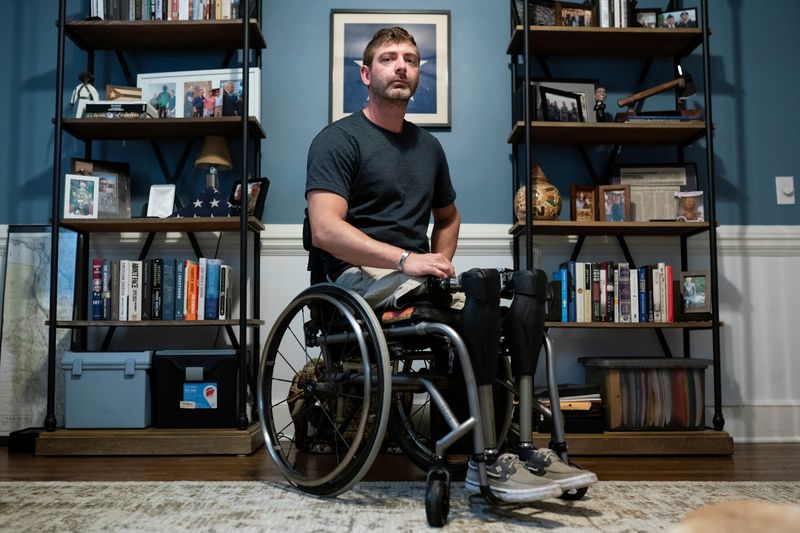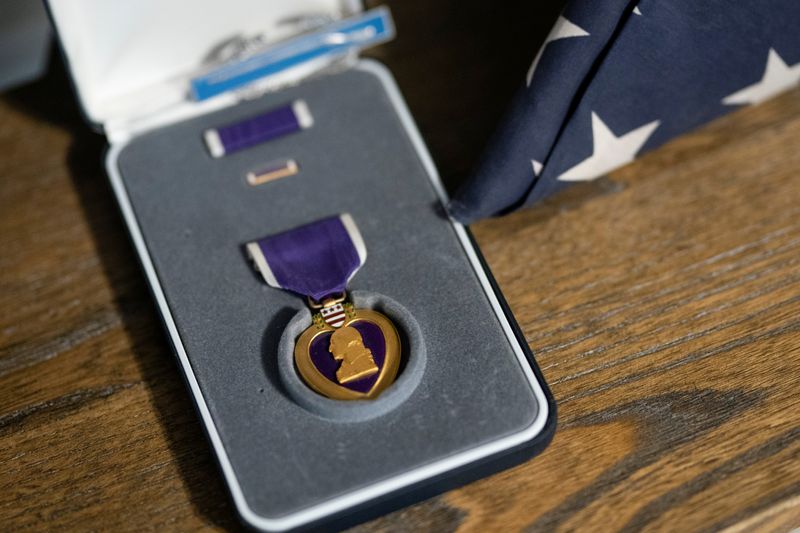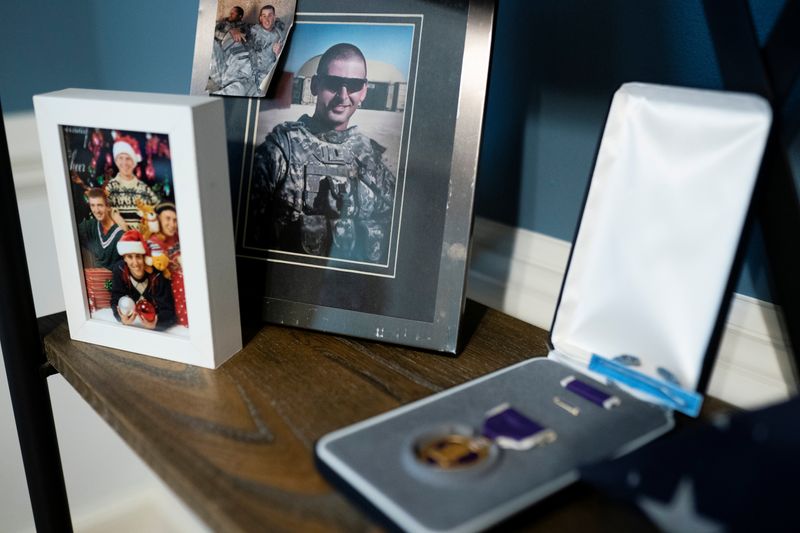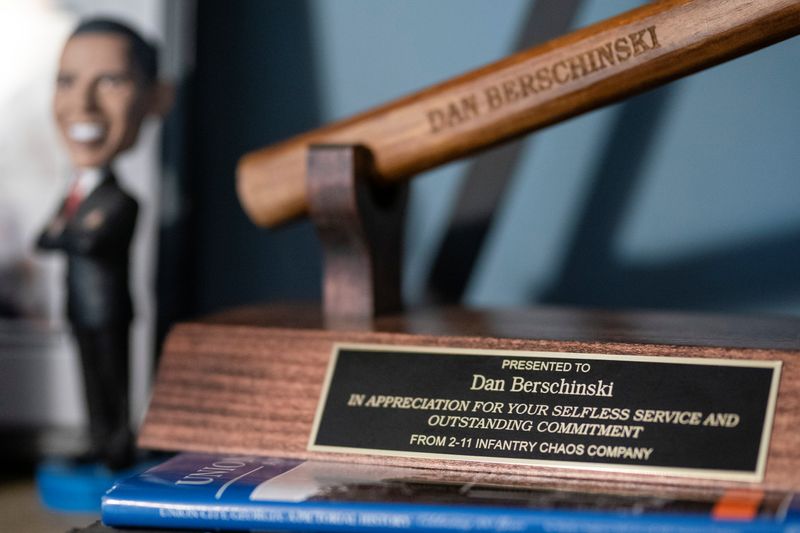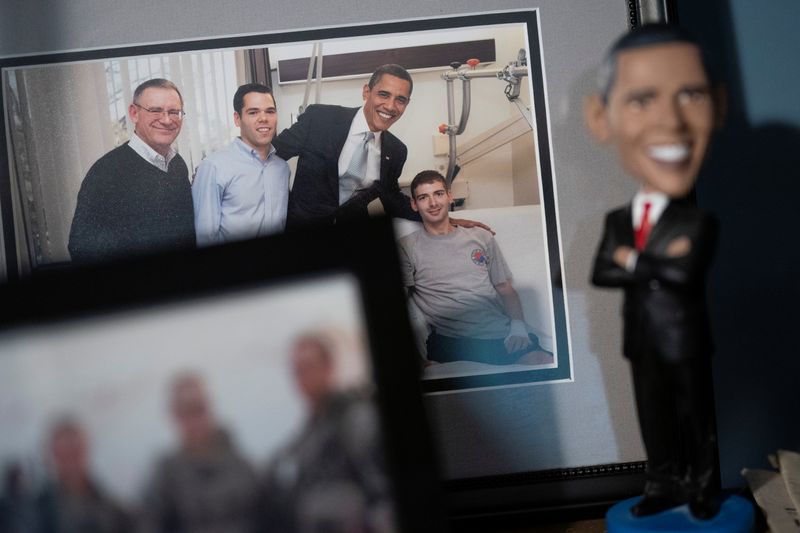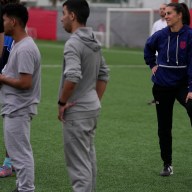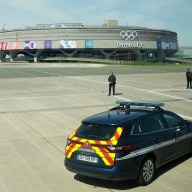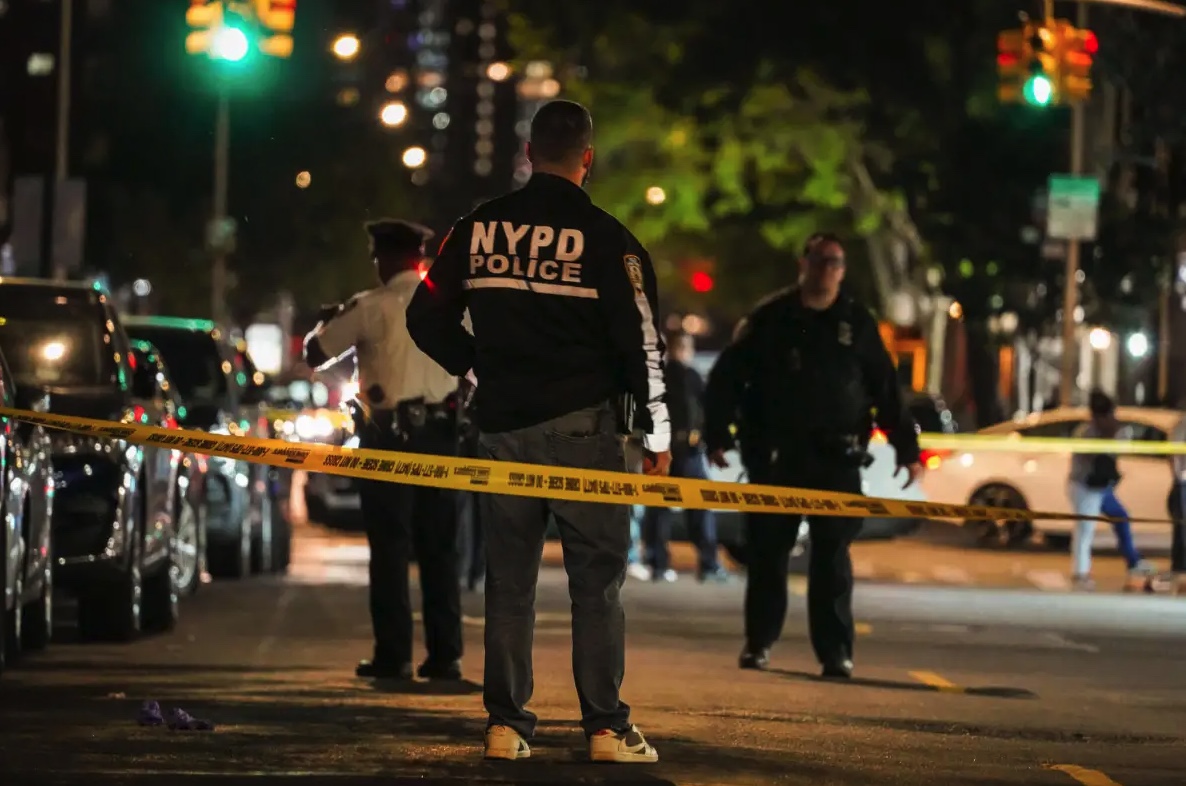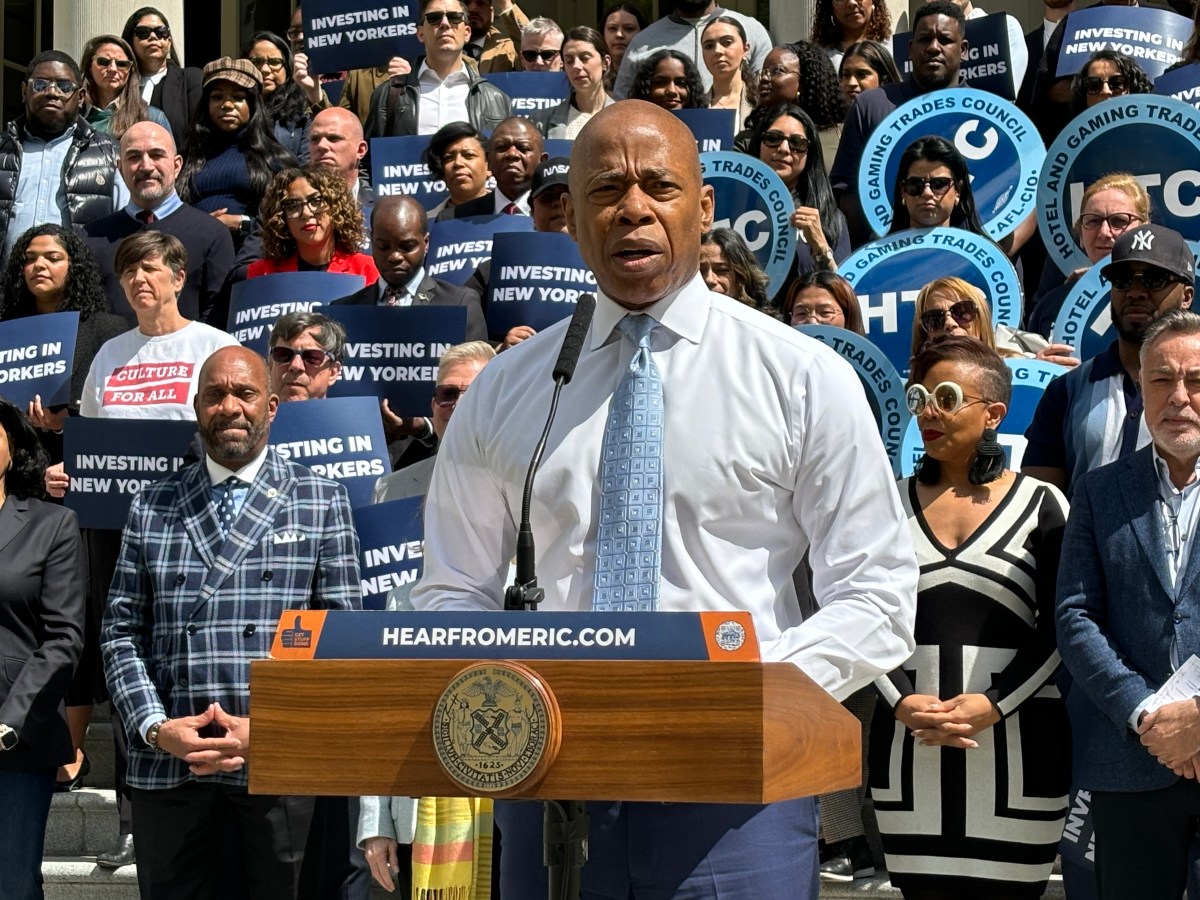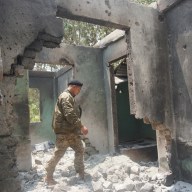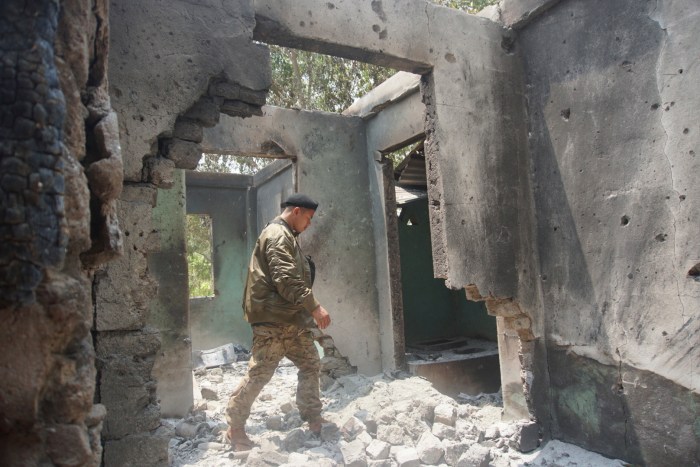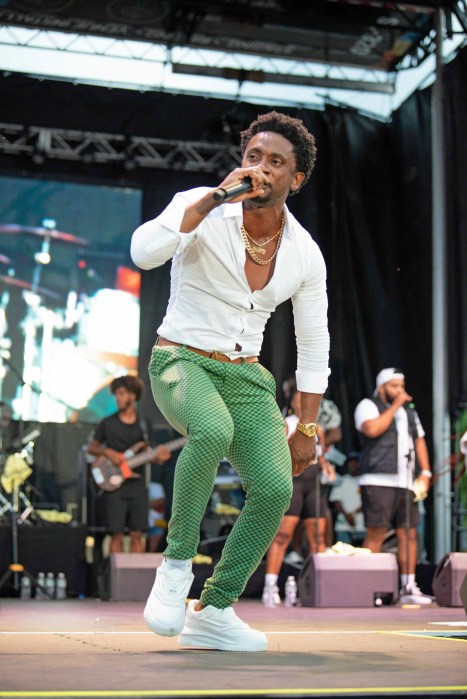ATLANTA (Reuters) – A decade after Dan Berschinski deployed to Afghanistan to fight for freedom and lost his legs in battle, the former Army infantry officer is training for a key role in U.S. democracy: manning a voting station in place of elderly poll workers at risk of COVID-19.
The retired Army captain, now 36, said a “perfect storm” is driving him and other former military members to volunteer at voting centers on Election Day, Nov. 3., where they will check IDs and bring people to voting booths.
“Our infrastructure is undermanned and the people who traditionally do this job for us are at risk,” said Berschinski, a small business owner who lives in Atlanta with his girlfriend.
“I’m younger and, other than not having any legs, I’m perfectly healthy,” said the 2007 West Point graduate with a 2015 Stanford Business School MBA.
Berschinski is among 1,000 military veterans expected to be recruited by non-profit group Human Rights First through its “Veterans for American Ideals” project in an effort called #VetsPowerThePolls.
“We’re trying to get vets engaged as poll workers to assist in pulling off a free and fair election, protect the elderly -who constitute the majority of poll workers – during COVID, and get a new generation involved in their communities,” said Christopher Purdy, program manager of Veterans for American Ideals.
“We’ve already signed up roughly 900 post-9/11 vets with a focus on those who can serve in polling stations in Wisconsin, Georgia, Iowa and Michigan,” he said, citing states that surveys show are battlegrounds in the race between President Donald Trump and Democratic challenger Joe Biden.
Berschinski’s first and only deployment was in July 2009 to Kandahar, a Taliban stronghold in southern Afghanistan, serving as a platoon leader in charge of 35 soldiers.
“We immediately started fighting,” he recalled.
Less vivid were memories of what happened a month after he stepped on a homemade bomb, known as an IED or improvised explosive device.
“Got my legs blown off, passed out, woke up a week later at Walter Reed,” he said, noting he then spent four months in the hospital and three years in physical rehabilitation.
Using prosthetics and sometimes a wheelchair, he earned his MBA and now runs his own business, selling home plastic products such as gutter downspout guards.
Volunteering at the polls is what Berschinski calls his “civic duty,” an American responsibility only heightened by the deadly pandemic.
“It’s another way to give back to the country, which is something that has been a big part of my life. It just seems the right thing to do now,” Berschinski said.
(Additional reporting by Barbara Goldberg and Joseph Ax in New York; editing by Bill Tarrant and Cynthia Osterman)

